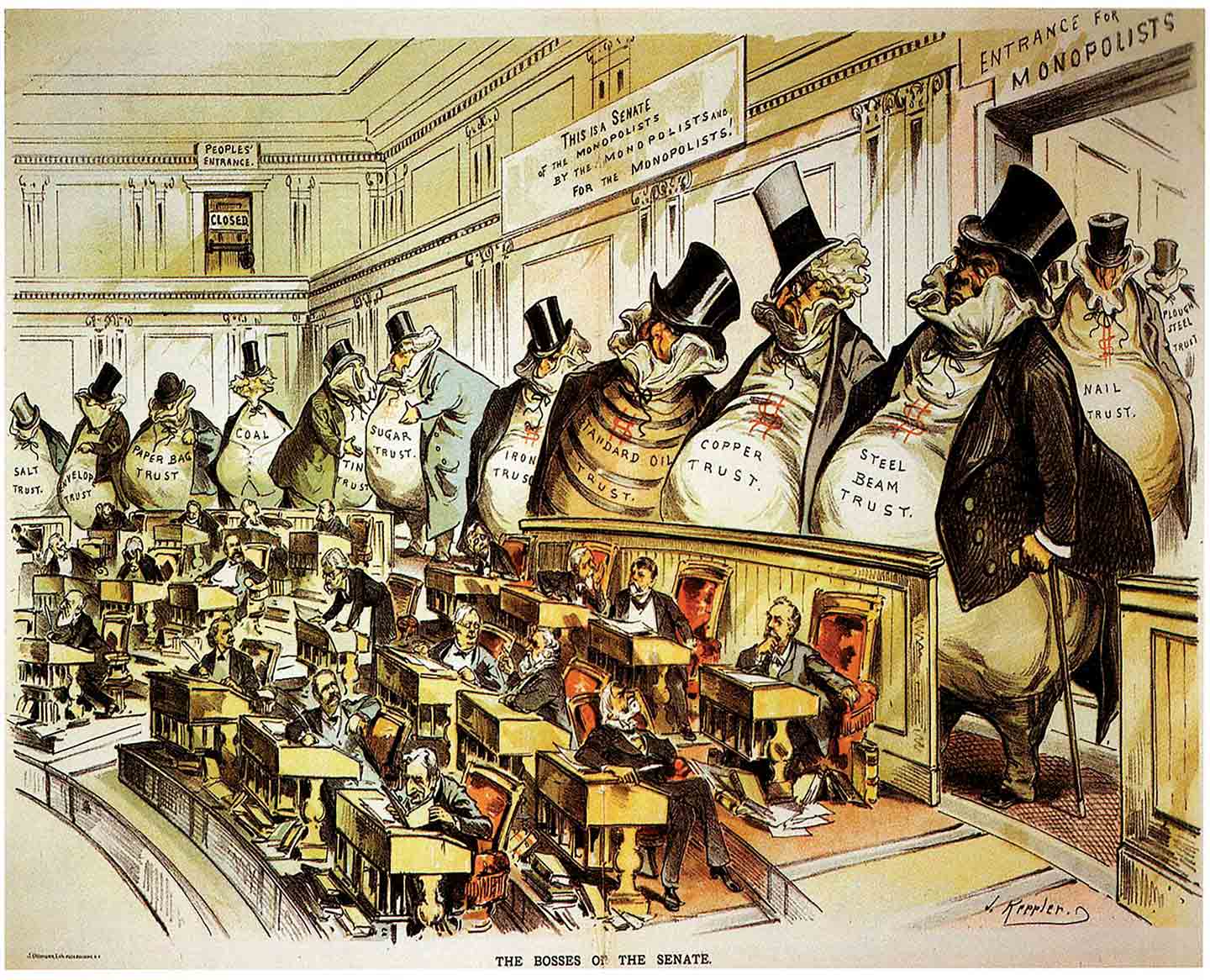The rehabilitation of socialism’s reputation among Millennials and Gen Z has grabbed the attention of political analysts in recent years: “Socialism as Popular as Capitalism Among Young Adults in U.S.” (Gallup). “Majority of Gen Z Americans Hold Negative Views of Capitalism” (Newsweek). “Young Americans Increasingly Prefer Socialism” (Heritage). It’s surprising. Wasn’t the long debate between free markets and socialism resolved in 1989 with the fall of the Berlin Wall? Wasn’t Karl Marx relegated once and for all to history’s dustbin?
Login to read more
Sign in or create a free account to access Subscriber-only content.
